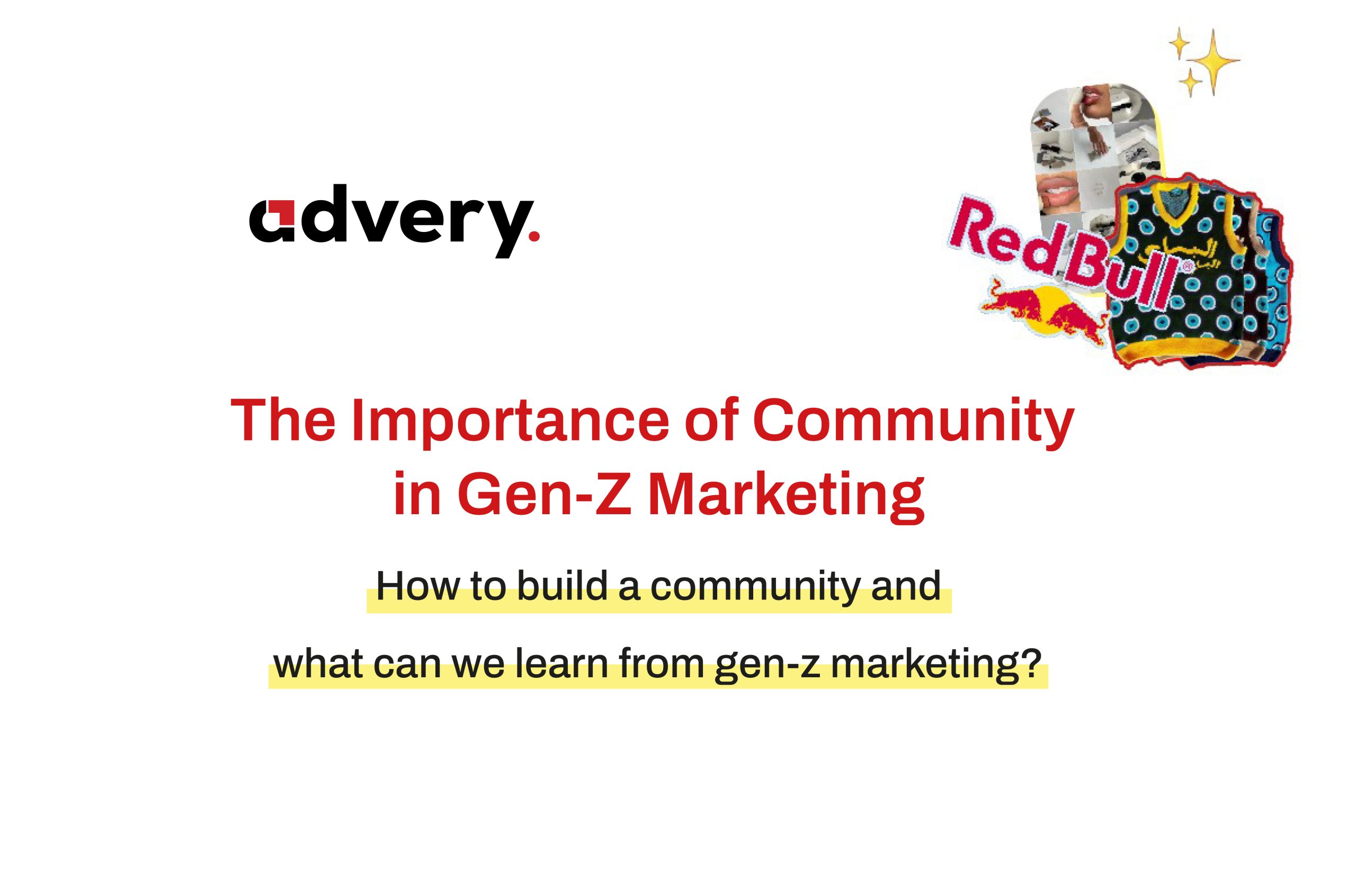
The Importance of Community in Gen-Z Marketing
in today’s marketing landscape, building a community is not just a strategy—it’s essential. Gen Z, a generation that grew up alongside the rise of social media, values connection and authenticity over traditional advertising methods. They seek out brands that foster a sense of belonging and create spaces where they can interact with like-minded individuals. This shift in consumer behavior means that brands need to go beyond selling products; they need to sell experiences and values that resonate deeply with their audience.
one of the most powerful tools for building a community is user-generated content (UGC). Brands like Refy Beauty and Red Bull have successfully leveraged personal experiences to create a sense of community among their customers. Refy Beauty encourages its customers to share photos and videos of themselves using their products, often reposting these on their official social media channels. This not only provides the brand with a wealth of authentic content but also makes customers feel like they are part of the Refy story.
similarly, Red Bull has built an entire community around extreme sports and adventure, encouraging fans to share their own daring feats and experiences. By doing so, Red Bull has positioned itself as more than just an energy drink—it’s a lifestyle brand that resonates with a community of thrill-seekers and adventurers.
In addition to UGC, the rise of AI is significantly shaping the marketing landscape. AI-powered tools are enabling brands to create personalized experiences for their audiences, something that is particularly appealing to Gen Z. For instance, AI algorithms can analyze data to understand customer preferences and behaviors, allowing brands to deliver targeted content that resonates with individual users. This level of personalization is crucial in building a community because it makes customers feel seen and understood.
Brands like Nike are already utilizing AI to enhance their community-building efforts. Nike’s use of AI in its Nike Training Club app provides users with personalized workout plans based on their fitness goals and progress. This not only creates a tailored experience for users but also fosters a sense of community among app users, who can share their workouts and achievements on social media.
AI also plays a role in influencer marketing, helping brands identify the right influencers who align with their values and resonate with their target audience. AI tools can analyze social media data to find influencers whose followers match the brand’s customer profile, ensuring that the partnership is authentic and effective.
For example, beauty brand Glossier uses AI to track customer interactions and identify loyal customers who are then invited to become part of their ambassador program. These ambassadors, often micro-influencers, share their genuine love for the products with their followers, creating a ripple effect of trust and authenticity that resonates with Gen Z.
conclusion
In conclusion, the key takeaway from Gen Z marketing is that community is king, and the tools at our disposal are evolving rapidly. User-generated content and AI are at the forefront of this shift, enabling brands to create genuine, personalized, and value-driven communities. Brands like now have set the standard by embracing these technologies and strategies to not only capture the attention of Gen Z but also foster lasting relationships with their customers. As the marketing landscape continues to evolve, those who prioritize building communities over transactions will stand out in a crowded market, creating loyal customer bases that feel more like a community than just consumers.






Leave a Reply